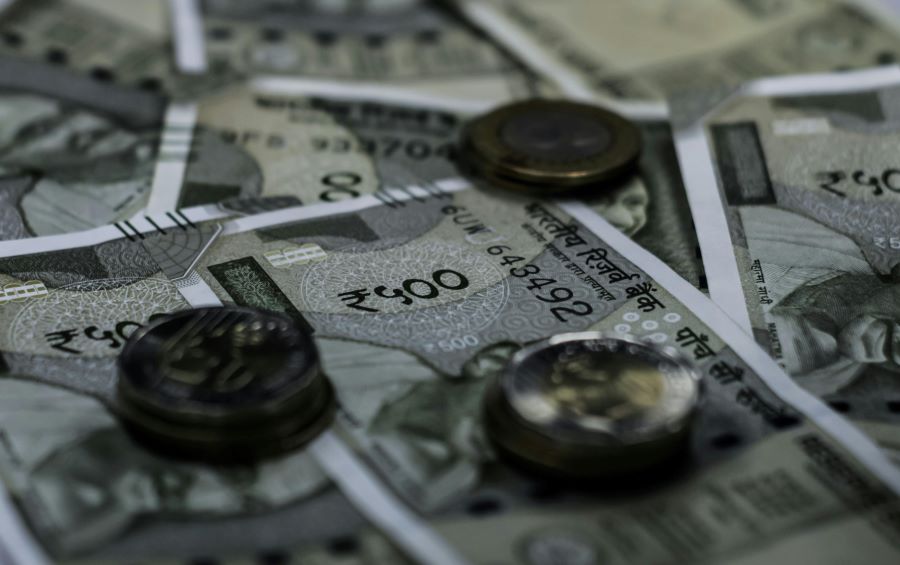Credit card debt can quickly become overwhelming due to high interest rates and compounding interest. Converting your credit card debt into a personal loan can be a strategic move to manage and eventually eliminate your debt.
This process typically involves obtaining a personal loan to pay off your credit card balances, leaving you with a single loan payment at a lower interest rate. Here’s a step-by-step guide on how to convert your credit card debt into a personal loan.
Apply for an instant loan with low interest rates and easy repayment options from Airtel Finance.
Understand the Benefits of Converting Credit Card Debt
Lower Interest Rates
One of the primary advantages of converting credit card debt into a personal loan is the potential for lower interest rates. Credit card interest rates can be exorbitantly high, often ranging from 15% to 25%. In contrast, personal loans typically offer lower fixed interest rates, which can help you save money over time.
Fixed Repayment Schedule
Personal loans come with a fixed repayment schedule, meaning you’ll have a set monthly payment and a defined payoff date. This structure can make it easier to budget and plan for debt repayment compared to the variable and unpredictable nature of credit card payments.
Simplified Debt Management
Consolidating multiple credit card balances into a single personal loan can simplify your debt management. Instead of juggling several credit card payments each month, you’ll only need to focus on one loan payment, reducing the risk of missing a payment.
Read more: Tips to get personal loans for self-employed
Steps to Convert Credit Card Debt into a Personal Loan
1. Assess Your Debt Situation
Start by taking a comprehensive look at your credit card debt. List all your credit card balances, interest rates, and minimum monthly payments. This will give you a clear picture of your total debt and help you determine how much you need to borrow.
2. Check Your Credit Score
Your credit score plays a crucial role in your ability to qualify for a personal loan and the interest rate you’ll receive. Obtain a copy of your credit report from one of the major credit bureaus (Equifax, Experian, or TransUnion) and review it for accuracy. A higher credit score will increase your chances of securing a loan with favourable terms.
3. Shop Around for Personal Loans
Not all personal loans are created equal. Research different lenders, including banks, credit unions, and online lenders, to compare interest rates, fees, and repayment terms. Use online comparison tools and prequalification processes to get an idea of what each lender can offer without impacting your credit score.
4. Calculate the Loan Amount
Determine the exact amount you need to borrow to pay off your credit card debt. Be cautious not to borrow more than necessary, as this can lead to additional debt. Include any origination fees or other costs associated with the personal loan in your calculations.
5. Apply for the Personal Loan
Once you’ve identified the best loan option, gather the necessary documentation, which may include proof of income, identification, and information about your existing debts. Complete the loan application process with your chosen lender. Be honest and accurate in your application to avoid any delays or issues.
6. Use the Loan to Pay Off Credit Card Debt
After your personal loan is approved and funded, use the loan proceeds to pay off your credit card balances in full. Contact each credit card issuer to ensure the correct payoff amount and confirm that your accounts are settled.
7. Close or Manage Credit Card Accounts
Consider closing or reducing the credit limits on the paid-off credit card accounts to avoid the temptation of accumulating new debt. However, keep in mind that closing accounts can impact your credit score, so weigh the pros and cons before making a decision.
Read more: Minimum salary needed to get a personal loan
Maintaining Financial Discipline Post-Conversion
Stick to a Budget
After consolidating your credit card debt into a personal loan, create and stick to a budget to avoid falling back into debt. Track your income and expenses, and prioritize paying off your personal loan.
Avoid Accumulating New Debt
Resist the urge to use your credit cards for unnecessary purchases. If you do use your credit cards, ensure that you can pay off the balances in full each month to avoid accumulating new debt.
Make Timely Loan Payments
Ensure that you make your personal loan payments on time each month. Set up automatic payments or reminders to help you stay on track. Timely payments will help improve your credit score and demonstrate financial responsibility.
Read more: How to choose the best personal loan lender?
Frequently Asked Questions (FAQs)
1. Is it a good idea to convert credit card debt into a personal loan?
Converting credit card debt into a personal loan can be a good idea if you secure a lower interest rate and a manageable repayment schedule. It can simplify debt management and potentially save you money on interest.
2. How does converting credit card debt affect my credit score?
Converting credit card debt into a personal loan can initially impact your credit score due to the hard inquiry from the loan application. However, paying off your credit card balances can improve your credit utilization ratio and potentially boost your score in the long term.
3. Can I still use my credit cards after converting the debt?
Yes, you can still use your credit cards after converting the debt, but it’s advisable to use them responsibly and avoid accumulating new debt. Consider using them for small, manageable purchases that you can pay off each month.
4. What are the risks of converting credit card debt into a personal loan?
The main risks include accumulating new credit card debt after paying off the old balances and potentially facing high fees or unfavourable loan terms if you have a low credit score. It’s crucial to maintain financial discipline and carefully review loan terms before proceeding.
5. What if I have bad credit? Can I still get a personal loan?
Obtaining a personal loan with bad credit can be challenging, but it’s not impossible. Some lenders specialize in loans for individuals with poor credit, though the interest rates may be higher. Consider improving your credit score before applying or exploring alternative options like secured loans.
6. How long does it take to get a personal loan approved?
The approval time for a personal loan can vary depending on the lender and your financial situation. Some online lenders offer quick approvals within a few hours, while traditional banks may take several days to process your application.
Converting credit card debt into a personal loan can be a smart financial move if done correctly. By understanding the process and maintaining financial discipline, you can effectively manage and eventually eliminate your debt, paving the way for a healthier financial future.


 Get App
Get App  Airtel Store
Airtel Store  Login
Login 


